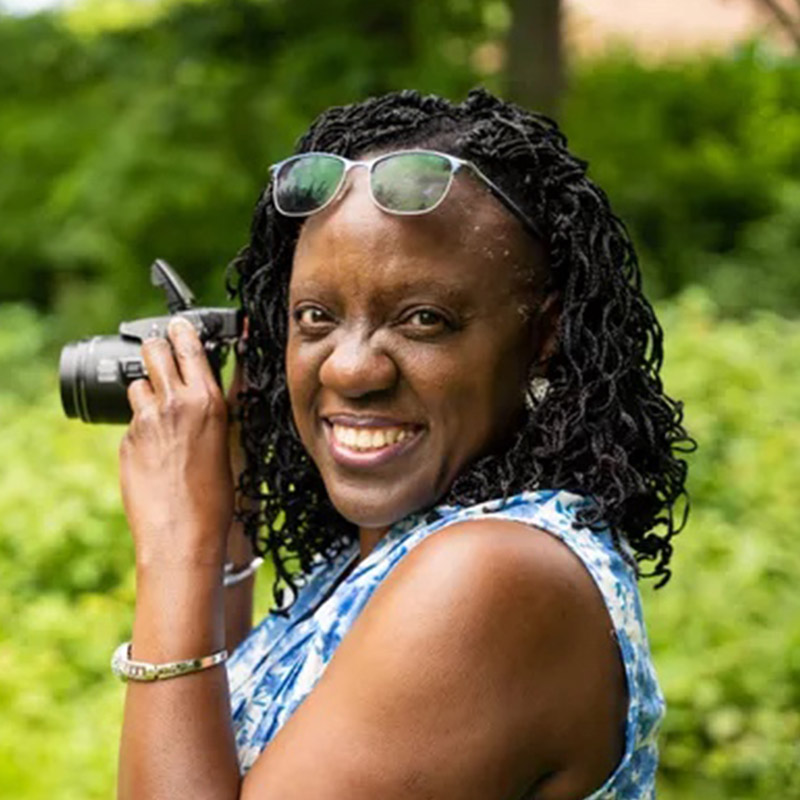
Confirmation Bias is Real
The recent flurry of failed rapture predictions and its aftermath demonstrate various aspects of human behavior, and specifically how confirmation bias plays out in real time. Biases can affect how we interpret information and our subsequent actions.
A cognitive bias is a subconscious error that frequently results from the brain’s attempt to simplify the processing of information. This can affect the way we think and make decisions. While this can be helpful in terms of shortening decision-making processes and minimizing mental effort, it can have negative consequences.
One type of cognitive bias is confirmation bias, which is the tendency to believe things that are consistent with our prior beliefs, while ignoring other possibilities or explanations.
Examples From Research and Medicine
Confirmation bias can impact our decision-making and lead to flawed conclusions in research. For example, researchers studying a new medical intervention may be inclined to report only the data that shows that the intervention is effective. This becomes even more complicated when there are financial incentives are involved.
In a clinical setting, a physician may be convinced that a patient who is experiencing a medical emergency is drug- seeking. This belief can lead to a dismissal of the patient’s concerns and can have fatal consequences.
Recent Rapture Predictions
In September 2025, TikTok and other social media platforms were full of videos of people who were convinced that the rapture would take place on September 23rd or 24th. In some videos, people even claimed that they were giving away or selling their property and making arrangements for pet/childcare in preparation for an impending rapture. It’s hard to imagine why a person would think she would be raptured, but her children would be left behind, but that’s a separate discussion.
According to most reports, the current rapture prediction started with a South African referred to as “Brother Joshua” (Joshua Mhlakela), who claims that he received a message from Jesus in a dream informing him that the rapture would be on September 23rd (or September 24th, depending on the time zone). Brother Joshua appeared on the Centtwinz podcast, which is hosted by twin sisters and shared his dream. Perhaps not surprisingly, the story went viral.
Confirmation or Coincidence?
When the 25th of September came around and no rapture had taken place, some people posted apology videos, with various explanations.
One lady said she had been praying and asking God for confirmation if the rapture predictions stories were true, and that minutes later, she drove past the biggest crucifix she’d ever seen, in the “middle of nowhere.”
Weeks later, she says she received another “confirmation” when she felt the urge to open her Bible to a random page and her finger landed on a passage that said “the Messiah’s coming,” and right next to it was the number “23.” She challenged her listeners to have that happen and not think it was God speaking.
She noted that her convictions were based on her personal experiences, and not Joshua’s predictions. She believes that the signs she and others received were supernatural and says she had the convictions months before Joshua’s video was released.
She describes a situation where she was experiencing what she described as a “minor panic attack” in relation to the rapture and she felt like God was talking to her about September “out of nowhere.” She says she took a whole month after seeing the “confirmation videos” to think, pray and read her Bible, test the spirits and then she eventually got her own confirmations.
Another gentleman posted videos sharing how license plates of two vehicles that were adjacent to each other had the numbers 923 and 924, which meant that the dates of September 23 and 24 were being “confirmed.”
In another video, someone asked how many Feasts of Trumpets had occurred since 1948. The answer was 923. (Presumably, he was counting from 1948 because that was the year Israel became a nation).
In another video, a woman says she had asked God to give her a confirmation by giving her husband a dream about something that was special and significant to him, and that her husband should tell her about the dream. After the predicted rapture dates passed, she says her husband told her he’d forgotten about a dream that he had several days prior. It was a dream about his deceased father, in which they were discussing supernatural things. The narrator even went on to say that she has asked God specifically to give her husband the dream before the September 23 rapture, if that was the true date, but that if the rapture was going to actually occur at a later date, God should give her the confirmation prior to the actual (later) date.
If you find this a bit confusing, you’re not alone, but that is my understanding of what was said in the video. She was still convinced that she had her “confirmation,” even if the rapture hadn’t occurred on September 23/24. Brother Joshua and several others came out with an explanation stating that those dates were still valid, because the Julian calendar was in use during Jesus’ time, and the September dates on our (Gregorian) calendar coincide with October 7-8 (or October 6-7, depending on who you ask), on the Julian calendar.
These are just a few examples of people being primed to believe that the rapture would occur on a specific date and then interpreting things in light of that specific belief.
I can’t help wondering if the lady who saw the crucifix “in the middle of nowhere” had driven by that same spot several times before and just not noticed it, or noticed it without attaching any significance to it? But since she was looking for a” sign,” she saw one.
Her experience of opening up her Bible to a passage about the Messiah also makes me wonder. She very likely had read several messages about the Messiah in the past but given that she was looking for confirmation related to a specific event on a certain date, her mind was primed to make connections that she may not have otherwise made.
My Very Own “Sign”
As I was writing this essay and contemplating the role of confirmation bias in the stories of other people’s spiritual experiences, I received a text message from a friend who I hadn’t heard from in a while. I certainly hadn’t discussed anything related to the topics in this essay with her. She said she was excited to let me know that Jesus had appeared to her in a dream this morning. No kidding. At least she didn’t mention the rapture, but I couldn’t help wondering – What a coincidence? Is this some form of synchronicity? If I belonged to the group of people who were expecting an imminent rapture, might I have assumed that this was another “confirmation,” even if the rapture wasn’t explicitly mentioned in the message?
Bottom line, if I were expecting confirmation of an imminent rapture, I very likely would have assumed that this text was a confirmation. While she didn’t mention the rapture in the message, she did mention the importance of telling people about Jesus. (I guess I’m doing just that by writing this essay).
In closing, I believe that there are some Bible verses that can and should be taken at face value, like the one below.
36 “But concerning that day and hour no one knows, not even the angels of heaven, nor the Son, but the Father only.
Matthew 24: 36 (ESV)
Why Do Rapture Predictions keep failing?
I plan to write more on this topic – after the 8th of October.
Stay tuned.













